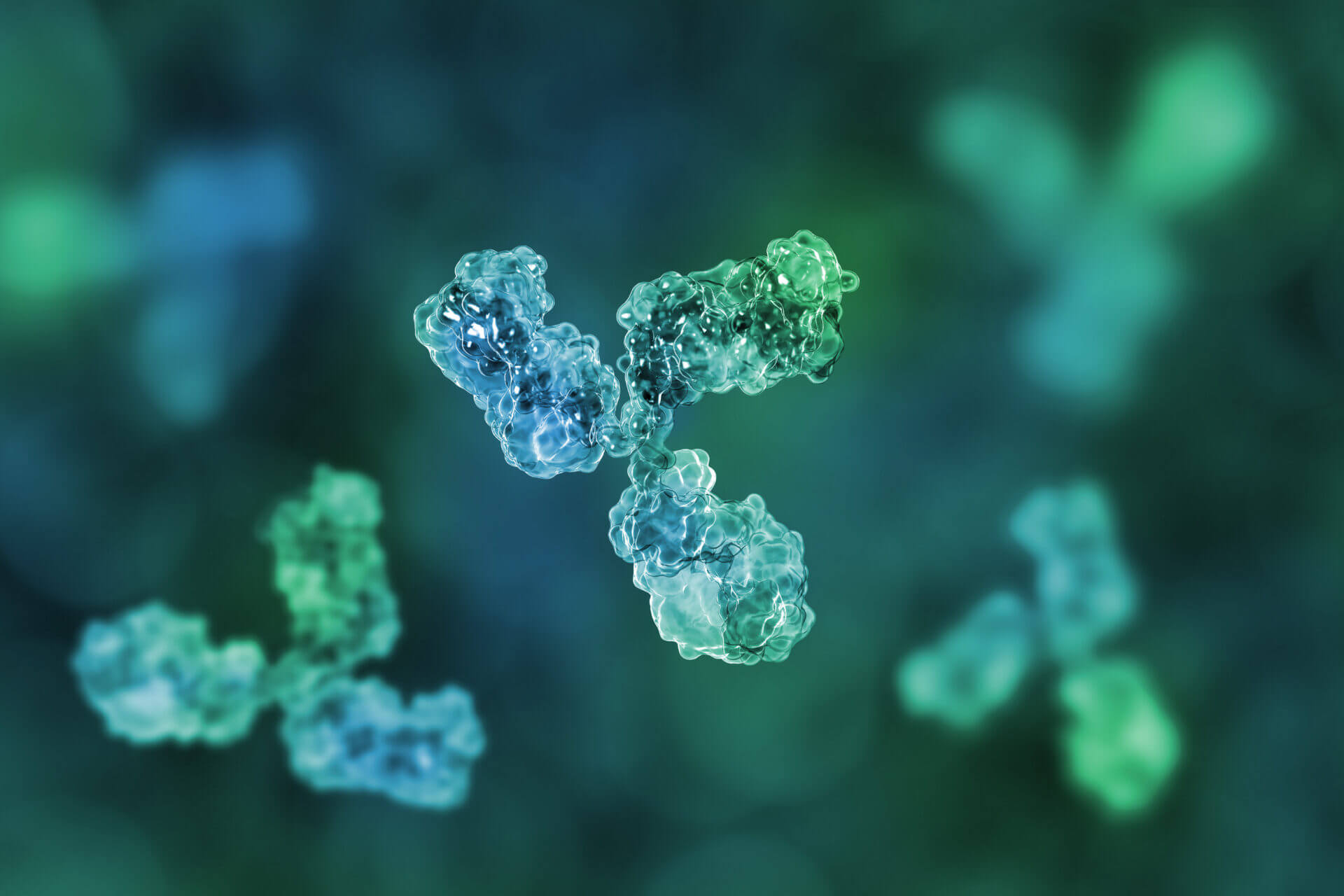Studies suggest that this peptide may presents several opportunities for competent researchers to investigate, particularly in fatty tissue mitigation and cartilage regeneration. Here, you will find information on the status, possible effects, and top hypothesized actions of hGH Fragment 176-191.
Fragment 176-191 Peptide: What is it?
Growth Hormone (hGH) Fragment 176-191, sometimes called Tyr-hGH177-191, is a synthetic peptide segment of the C-terminus. So, it is a synthetic amino acid sequence that mimics the hGH sequence from positions 177 to 191.
The “lipolytic extract” of growth hormone (hGH), or AOD 9604, is another name for Fragment 176-191. The reason for this is that hGH’s fat-burning potential is deemed to be focused from its C-terminus. Many researchers speculate that Fragment 176-191 may be relevant research compound in the context of obesity due to its speculated potential to induce fat reduction in animal models in laboratory settings. Despite the positive results of many studies, Fragment 176-191 is still only used for research purposes and has no official medical approvals.
Fragment 176-191 Peptide: Properties
Studies in animal test models suggest that HGH Fragment 176-191 may have significant theoretical properties, which we will outline below.
The main potential of Fragment 176-191 is considered to be it’s lipolytic, or fat-reducing potential. The “lipolytic fragment” of Growth Hormone is Fragment 176–191, as you may recall. Although growth hormone’s (hGH) most apparent function is considered to promote development in infancy, it has also been speculated to serve an essential purpose in maturity. Hormone growth factor (hGH) has been asserted to exert a range of potential biological effects, including but not limited to:
- Activation of lipoprotein lipase inhibitors in fat cells;
- A decrease in fat cell bulk by stimulating lipolysis in adipocytes;
- Loss of excess fat from the organism;
- A possible effect in the distribution of fat.
Fragment 176-191 “harbors the fat-reducing activity of hGH” and does not hinder “carbohydrate metabolism” or serum IGF-1 levels, as suggested by the research.
Animal studies in mice and rats have indicated that Fragment 176-191 may cause a transient drop in blood glucose levels and a long-term rise in insulin levels. Because of its possible impact on blood sugar levels, hGH Fragment 176-191 suggests promise as a research agent in the context of prediabetes and Type 2 diabetes.
Fragment 176-191 Peptide: Weight
Another possible action of hGH Fragment 176-191 is that it might aid in fat cell burn. In a 14-day study examining overweight mice, Fragment 176-191 appeared to have boosted skeletal muscle thermogenesis and sped up fat burning.
The study results implied that Fragment 176-191 may have increased levels of beta(3)-AR RNA (ADRB3), which led to rapid weight reduction in obese animals but seemed to have no such impact in lean mice. This discovery implies that once an animal’s weight returns to a normal range, ADRB3 activity is superseded by another lipolysis-regulating route.
Fragment 176-191 Peptide: Cartilage
Investigations purport that by potentially accelerating cartilage regeneration, hGH Fragment 176–191 may also make hyaluronic acid (HA) more effective. Fragment 176-191, combined with hyaluronic acid, was hypothesized to have resulted in more cartilage formation in white rabbits suffering from osteoporosis (OA) than the hyluronic acid alone.
Fragment 176-191 Peptide: Growth Hormone
As for the next possible potential action of the peptide, it seems that hGH Fragment 176-191 may potentially not produce any of the negative effects that are often connected with hGH supplementation. Several negative effects, including “increases in IGF-1 levels, insulin resistance, and impaired glucose tolerance,” have cast doubt on hGH’s use as an obesity treatment. On the other hand, Fragment 176-191 does not seem to impact blood IGF-1 levels or negatively impact carbohydrate metabolism.
It has been theorized that Fragment 176-191 may exert no detrimental effect on insulin sensitivity, as suggested in a 2000 trial with fat Zucker rats, and it did not seem to affect insulin secretion in a 2001 investigation with obese mice.
Results from six randomized, double-blind, placebo-controlled studies using Fragment 176-191 indicate that this peptide may have no harmful effects on carbohydrate metabolism, insulin resistance, decreased glucose tolerance, or increased IGF-1 levels. Unlike hGH, Fragment 176-191 is believed to have the potential to be tested in experimental trials for up to six months, which might pave the way for new approaches to obesity research.
Fragment 176-191 Peptide: Conclusion
It has been speculated that studying Fragment 176–191 is attractive because it allows researchers to examine the fat-burning action of without putting the research model at risk via long-term hGH supplmentations.
Navigate the Core Peptides website for more educational and informative articles about peptides, their mechanism of action, and their possible properties in research settings.

















